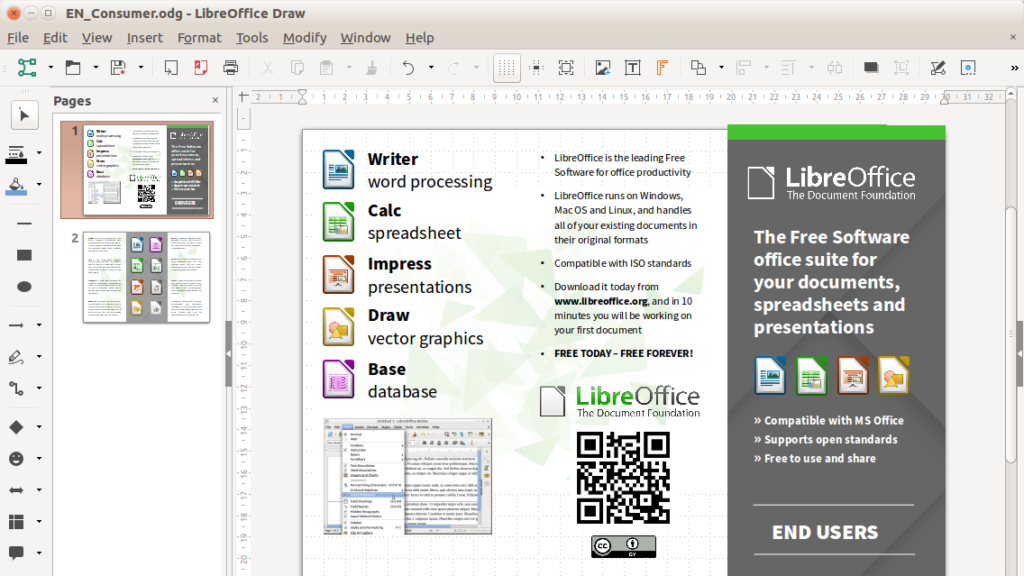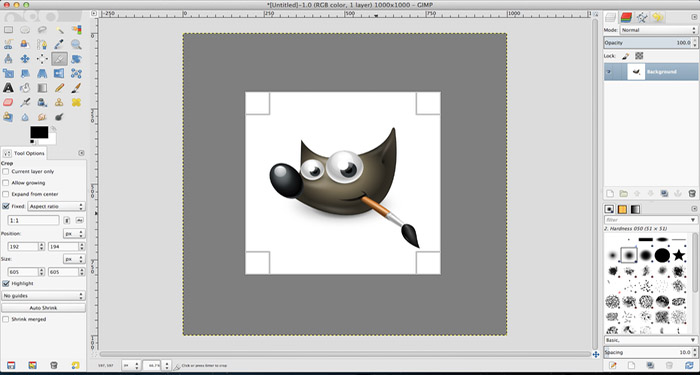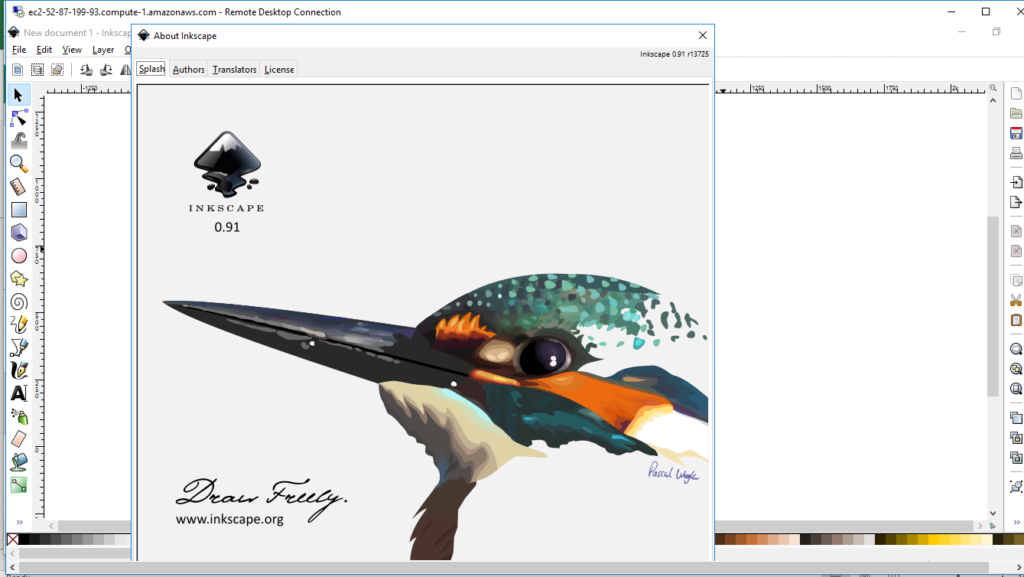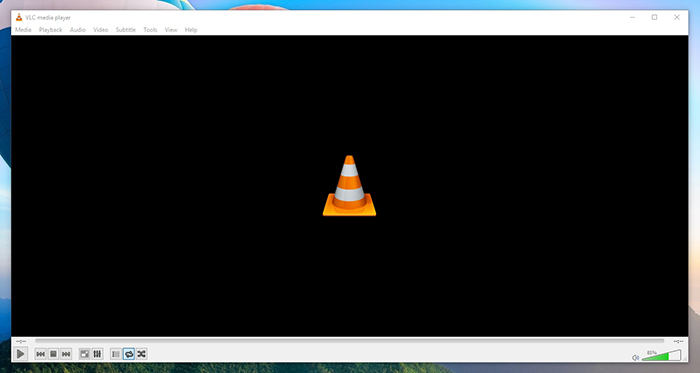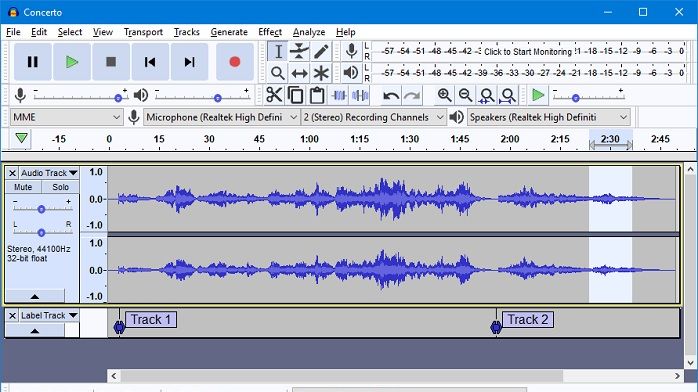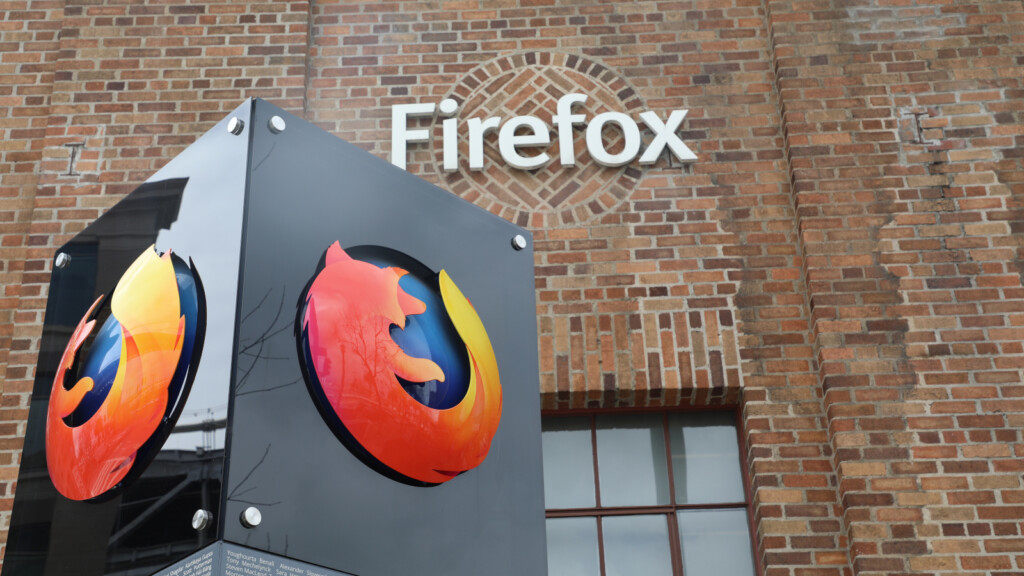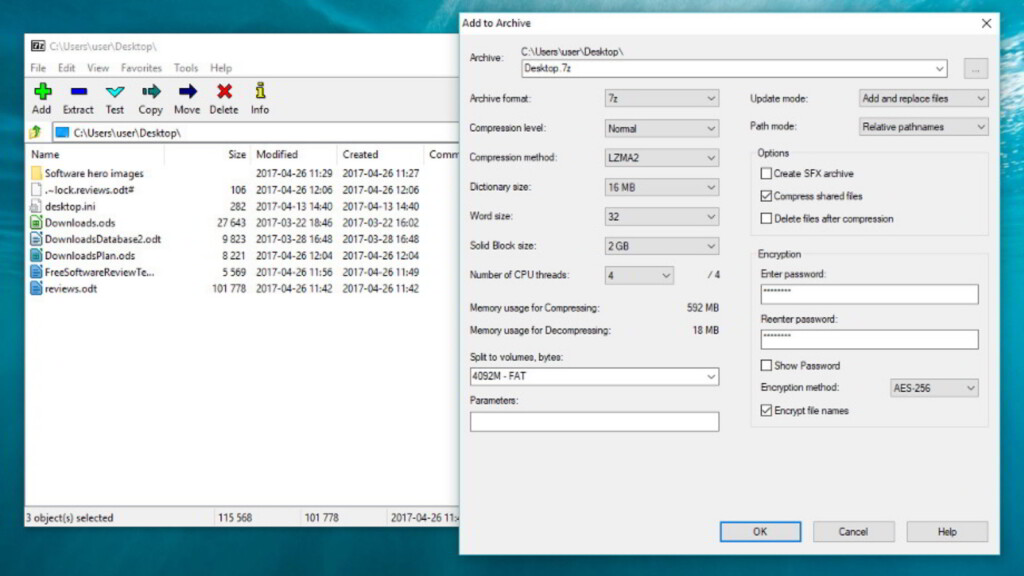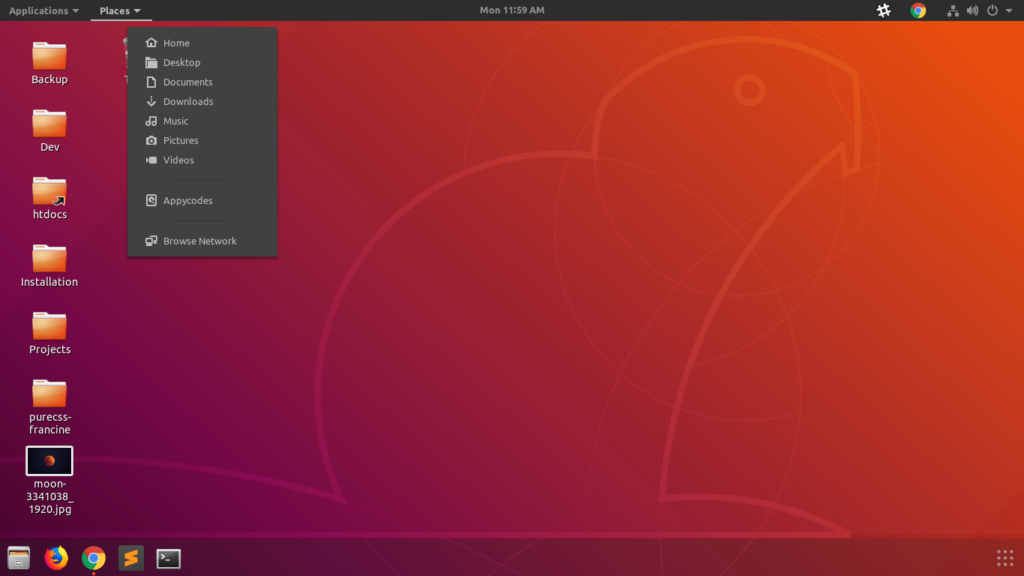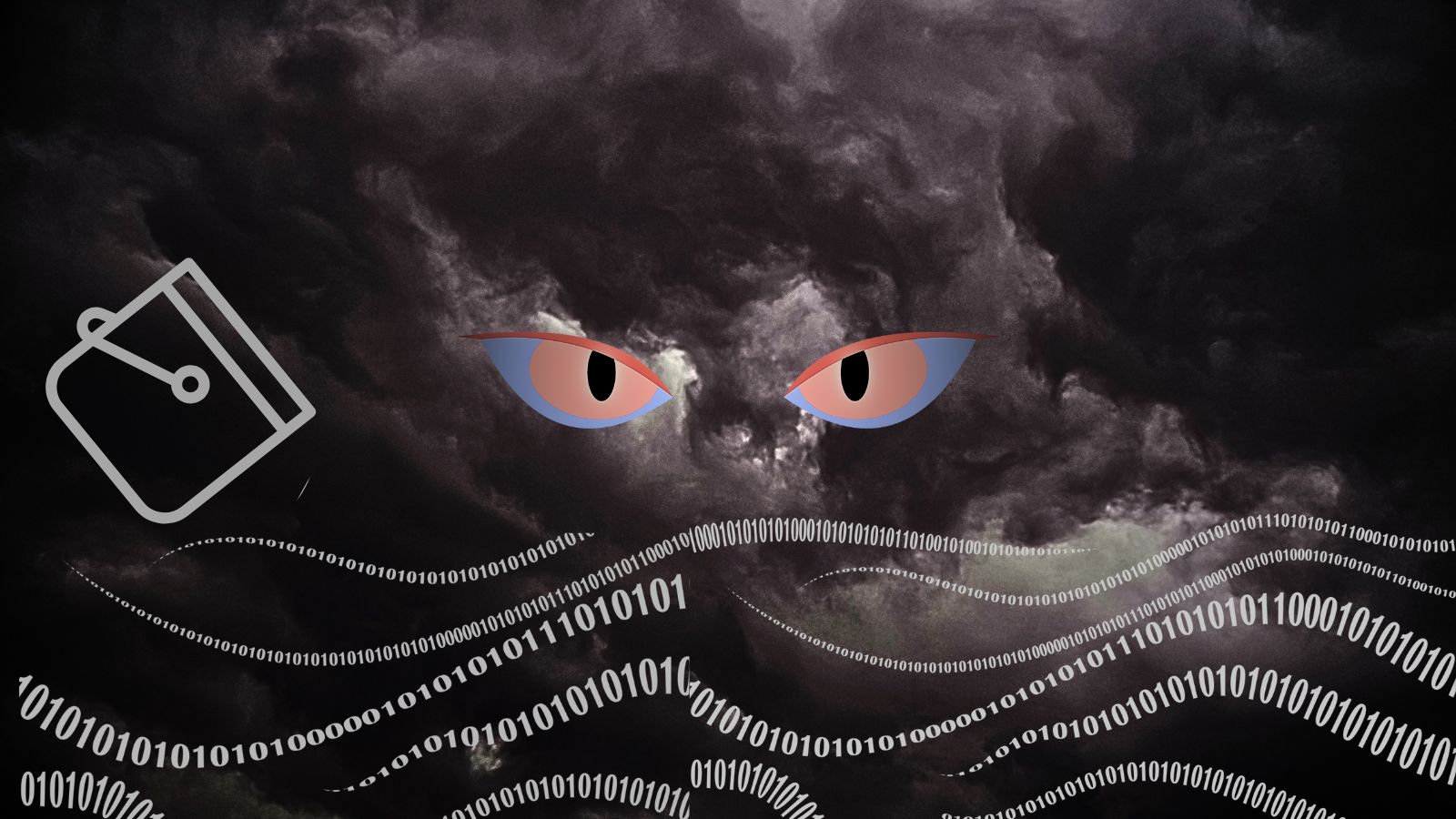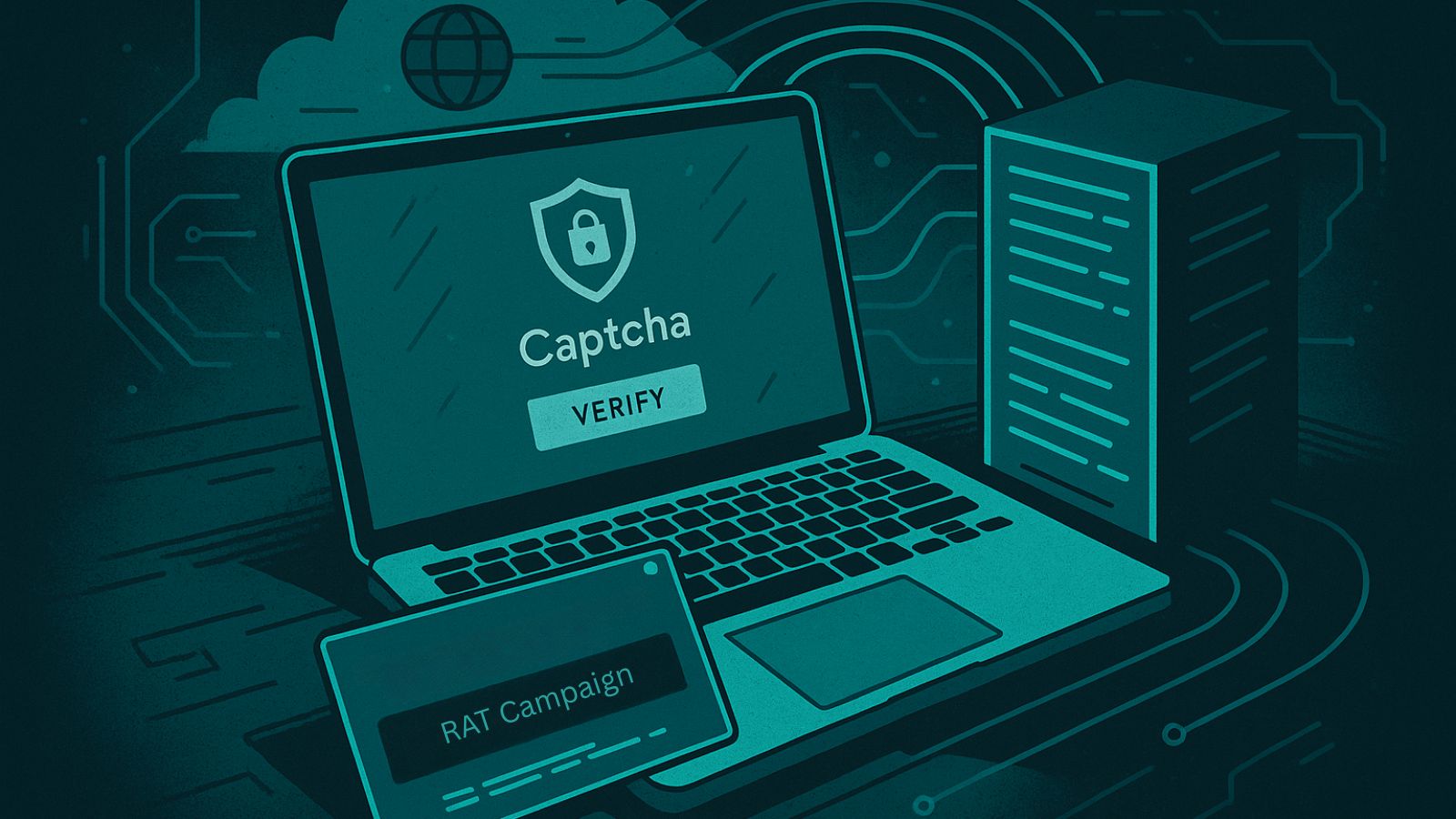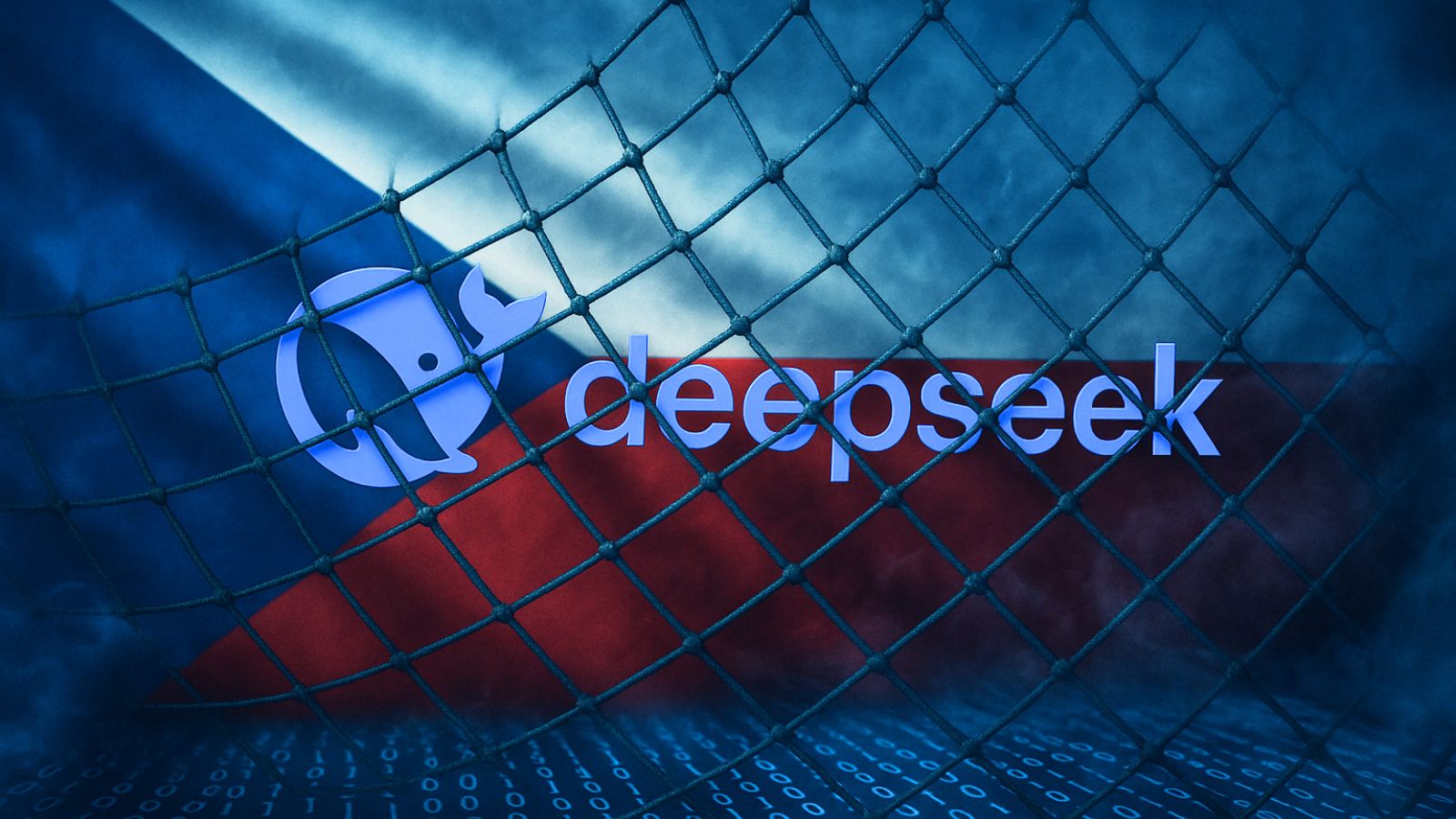
Open Source Software Packages Everyone Should Know About
There are a million reasons to go Open Source. But for us, one of the best has to do with privacy and transparency. Open Source software is managed by a collective and anyone can scrutinize the code. If you're fed up with the private dealings of the big companies that make our operating systems and software, it might be time to consider switching over to FOSS apps. The problem is that finding good alternatives to common proprietary apps can be hard. So here are some excellent Open Source software packages that can be swapped out for their closed source equivalents. Free, open and without the nagging suspicion that you're being watched!
LibreOffice
Microsoft's Office 365 subscription service is actually a very good deal. You get a five-computer license, unlocked mobile apps, family sharing, terabytes of cloud storage and more. At the same time, you're hooked into one of the largest technology corporations in existence and subject to the update whims of that same company.
LibreOffice brings back that classic Office model where you install a specific version of the productivity suite and decide if and when you'd like to update or upgrade. LibreOffice itself is pretty straightforward to use.
GIMP
Photoshop by Adobe is such an industry standard that the very act of photo editing is called "Photoshopping". Unfortunately, you have to buy into their "Creative Cloud" and no longer have the option of buying the software once-off. Creative Cloud is much more affordable than the old price tag for standalone Photoshop, but you are locked into a 12-month contract, with penalties for canceling early.
So those who want to go back to the days of having your software and not needing a lifeline to the home company is a real alternative. GIMP is a powerful photo editor and the community that supports it do their utmost to ensure it has the same set of features as you'd expect to find in commercial packages.
Inkscape
Vector graphics packages are perhaps less popular and sexy than Photoshop-style image manipulators, but commercial ones are still pretty expensive! Inkscape does a great job of letting you get into the business of making vector art without having to sell a limb to afford it. It certainly helped me as a student trying to make elements for my portfolio!
VLC Media Player
VLC probably needs no introduction, but just in case you have never heard of this application, it's an amazing Open Source media player. We have yet to encounter a video format, old or new, that VLC doesn't play. Some of us still remember the bad old days of gigantic codec packs and trying to get disparate video formats to work on one computer. By and large, VLC is a fire-and-forget solution. Best of all, it's available on almost every platform. Including Android and iOS!
Audacity
Audacity is an audio workstation application that lets you make multi-track recordings and then do some pretty high-end things to those recordings. It's the darling of content creators everywhere and there's a good chance that you've enjoyed something made, at least in part, with Audacity.
You can record entire multi-track albums with a full array of effects or you can just clean up your podcast and mix in some music if that's your thing. Audacity is flexible enough to do it all.
Firefox and Tor
We cover Firefox and Tor quite a lot on Technadu because both are important to internet security and privacy. Firefox is the premiere Open Source browser. While Chrome is based on Chromium, the popular Google browser is not fully open source. So if you want a top-tier browsing experience without proprietary hangers-on, Firefox is where it's at.
Tor is of course based on Firefox and provides access to the best anonymous network for internet access in existence. It's always worth having both installed on whatever computer you use.
ClamWin Antivirus
Windows comes with a pretty competent antivirus package preinstalled and you can get free programs from providers like Avast! So it's not as if the price is the key consideration when it comes to keeping various bugs off your computer. However, you have to give these programs some pretty deep access to your data and machine for them to work. So perhaps it's worth opting to use an Open source antivirus package such as Clamwin!
7-Zip
Windows has its own Zip file compression software built in these days, but it's still no match for the mighty 7-Zip, which has saved us from dealing with WinZip's incessant please for license money for what seems like decades.
In Windows, 7-Zip has excellent context menu integration and is pretty much seamless no matter the format of your archived files. Honestly, 7-Zip isn't just an Open Source alternative, it should be the first choice in Zip-related software.
BleachBit
BleachBit is a wonderful bit of software that will help protect your privacy and keep your drives squeaky clean. It works as a general cleaner that will empty out cached files, logs and internet histories. It's also a file shredder, which means that anyone trying to retrieve deleted data from your drives aren't going to have any success.
Because this is an Open Source shredder, you can pretty confident that there are no backdoor or other compromising code in the program.
Linux
OK, OK. Linux isn't a FOSS application. It's a whole operating system. Still, it's just one entry on a very long list and is rather essential! While you can happily run most of the FOSS apps listed above on Windows and (less often) Mac, you can't really be completely free of closed source tyranny unless you also go with an Open Source operating system.
Of all the different Linux Distributions, Ubuntu Linux is probably the best general user choice. So if you're looking for a drop-in replacement for Windows that's where I would start.
Once You Go Open...
As you can see, there's a lot of choices when it comes to Open Source software. If you take the time to look around, there's probably an alternative option to even your most esoteric applications. We didn't even get into, for example, scientific and engineering applications.
A lifetime of consumer computing has trained most people to have certain expectations of software and the Open Source program subverts much of that. It can feel pretty weird to venture into this (sometimes) unpolished part of the computing world, but if you care about the values that Open Source licensing brings to the table, especially in terms of privacy, it's at least worth looking into.
How much of your software is Open Source? Let us know down below in the comments. Lastly, we’d like to ask you to share this article online. And don’t forget that you can follow TechNadu on Facebook and Twitter. Thanks!


